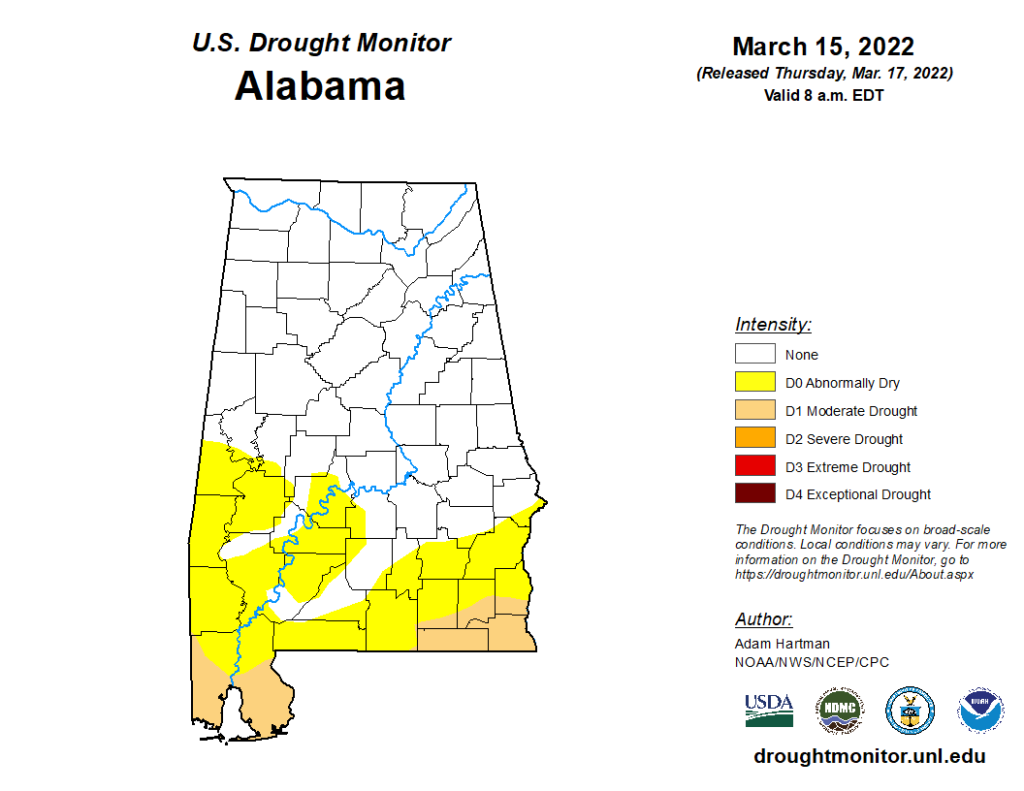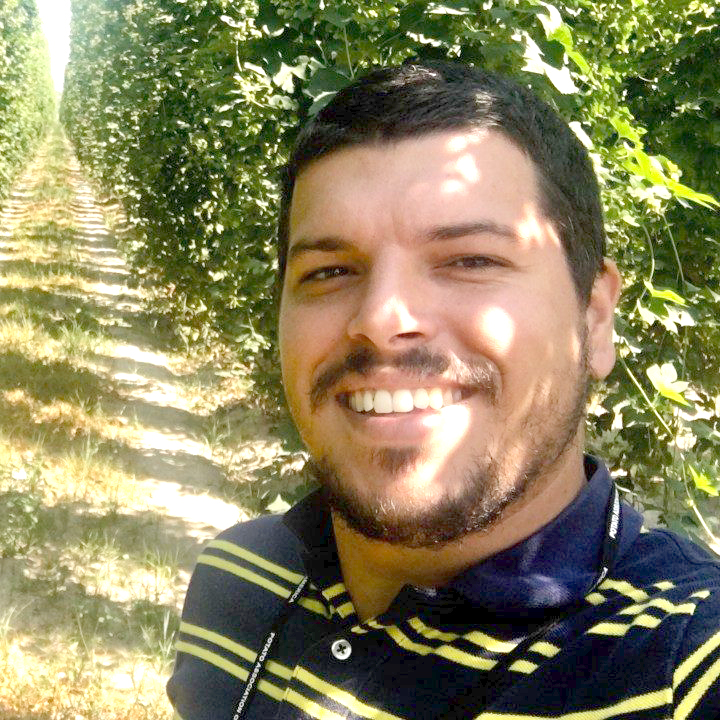By Clint Thompson

Persistent rains and oversaturated soils have delayed plantings for some specialty crops in North Alabama.

“A lot of rainfall is delaying planting dates. Like (Monday), I visited a couple of growers in central to North Alabama and they were saying, ‘We have all of our seedlings ready for transplants, but our soils are too wet,” said Andre da Silva, Alabama Extension vegetable specialist.
He discussed the potential ramifications of growers having to wait to plant their crops.
“If they delay too much, they’re going to get into the hot temperatures of the summer. They’re going to see problems in the future. I believe the problem is not going to be right away, as soon as they transplant, because the conditions now seem to be better,” da Silva said. “However, they might see some disorders in fruits. For example, they may start to see sunburn in the tomatoes right in the middle of the summer. This is all because they were delayed a couple of weeks during transplanting.
“My message would be to try to follow a good fertility program. Try to follow a good irrigation schedule. This will allow their plants to grow better. It will allow their plants to create a better biomass. The canopy will be better covered, and you will not have your fruit exposure. The same goes for watermelons.”
The problem is isolated to North Alabama. According to the U.S. Drought Monitor, most of South Alabama is either abnormally dry or moderately dry. The difference is attributed to the different soil types in both areas of the state.
“The southern part of the state is dry. But the center and northern part of the state is wet. That’s mostly because the south has more sandy soil. As you go north, they have more loamy-sandy to clay soils. They tend to hold more water. That’s impacting our growers in the northern part of the state,” da Silva said.










